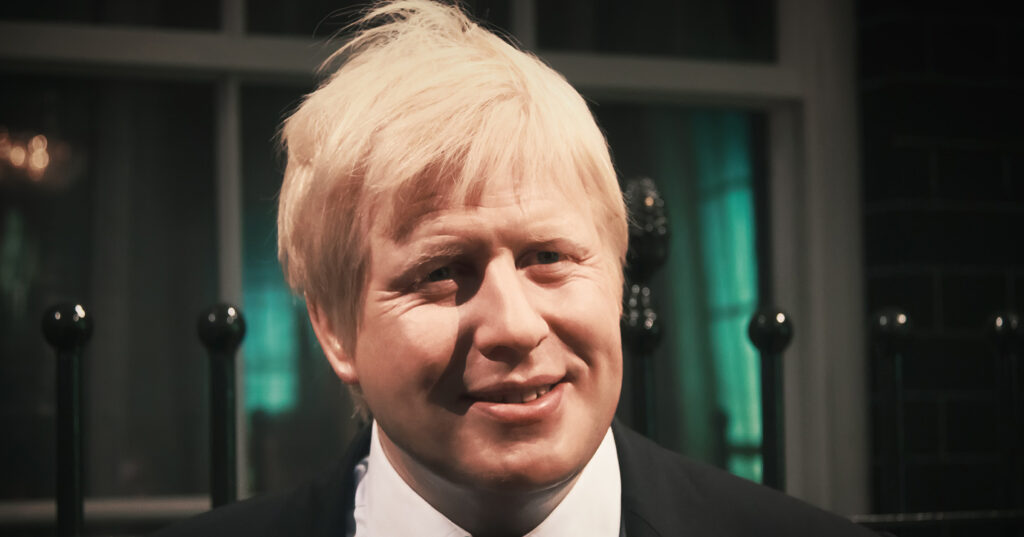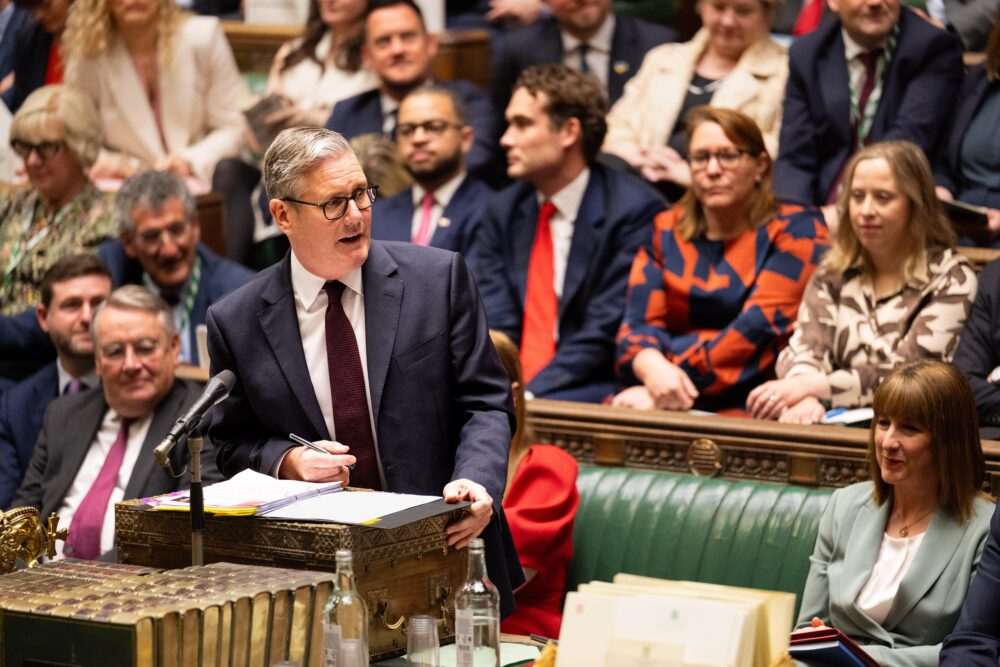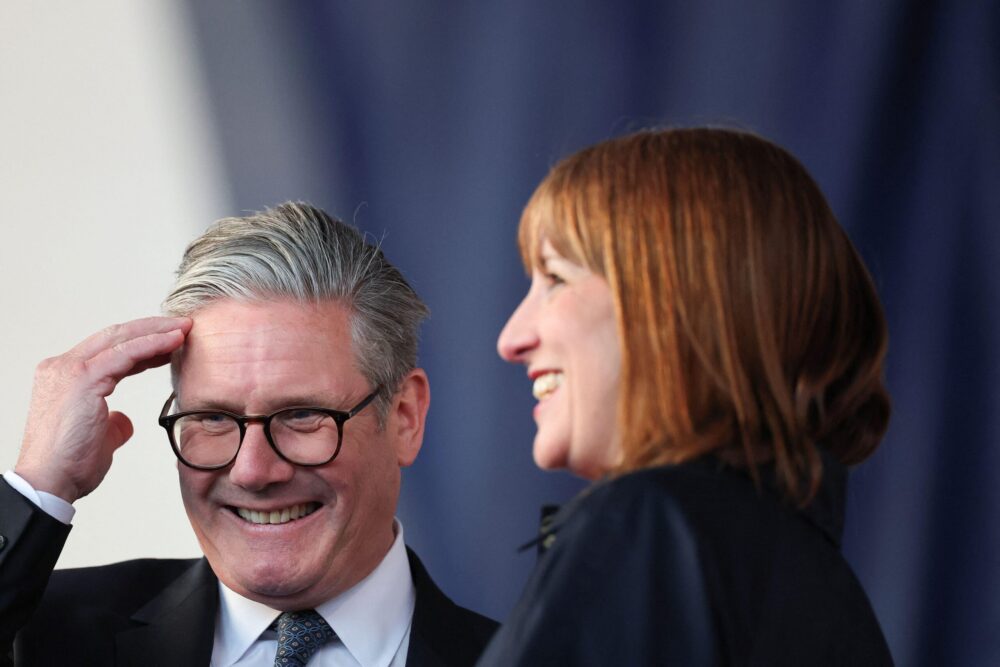
Six years ago, I published some research entirely dedicated to the Boris Johnson phenomenon. The title of the report – Are You Serious? – encapsulated two things: the reaction of Boris-sceptics to the idea that he might rise to an office greater than the London Mayoralty, and the question many voters, intrigued but not altogether convinced by this unusual adornment to public life, were asking of Boris himself.
We know the answer to the second question, if it was ever in doubt: yes, deadly. His pursuit of the top job has been skilful and relentless. His apparently playful approach to life masks a fierce determination, which voters can sense. If the achievement of his ambition were not itself proof enough, his ruthless remaking of the government around his central policy of a Halloween Brexit puts to rest any doubt about the seriousness of his intent.
Strangely, the first question – can this possibly be happening? – is alive and well among elements of the commentating class, as well as some of his adversaries. Here there are echoes of the reaction not just of the EU referendum result and the election of Donald Trump – which stemmed from an inability to understand why a reasonable person could vote for either – but more distantly to Ronald Reagan and George W. Bush. Despite their opponents’ continued belief that they were too hapless, dim or otherwise unqualified for public office, both were re-elected – partly because of their critics’ inevitable tendency to underestimate someone whose rise to power seemed to them some sort of cosmic mistake. If this is how Boris’s elevation appears to those who already want to see the back of him, that can only work to his advantage.
Despite coming down on the side of Jeremy Hunt in the leadership election, I wrote a few weeks ago that I did not fear disaster in the event of a Boris victory. Both were proper Tories, committed to honouring the referendum result, personally engaging and with good ideas. The first hours of his administration have confirmed that. Though I wonder about some of his appointments – the loss of Penny Mordaunt is particularly regrettable – the sense of direction is unmistakeable and refreshing. His speech on entering Downing Street was ambitious and wide-ranging, and more specific in some of its ideas than many would have expected. And while the cynics increasingly equate optimism with delusion, tone matters, and the cheerful sense of belief he exudes is already a welcome contrast from the last three glum years. Most important of all, he is making it clear that he intends to do everything he can to deliver on his promise, at a time when so many are exasperated with parliament’s inability or refusal to carry out the country’s wishes.
But this is only day three. When the smoke clears from the initial burst of shock and awe, the tiresome reality will come back into focus – the precarious parliamentary maths and the so far unwavering stance of the European Union. There is also the fact that sooner or later, voters are going to pass judgment on their new PM – their third in 37 months.
Here is it instructive to look at what people actually said about him in my 2013 study. A majority of voters thought of him as “different from most politicians, and in a good way”, while the next most popular view was that he was “not really a politician at all”. While he was famous for speaking his mind (“He says it how it is. In a very posh voice,” as one of our focus group participants put it), most were at a loss to say where he stood on any particular issue, including Europe. And though obviously a Tory, he seemed somewhat detached from the party and had his own appeal. Though people thought he was a good Mayor of London, many thought the role was about being an ambassador for the city rather than carrying any executive authority (“do we want someone on zipwires making decisions about the NHS and education and going to war?”Boris as PM “would be excellent until it all went tits up.”) Offered a range of potential descriptions for Boris, people were most likely to choose “likeable” and “a people person”; they were least likely to say he was “on my side” or “a safe pair of hands.”
As it happened, he did not have to alleviate these concerns (which still persist, along with others, as my research during the leadership contest confirmed) before reaching Number Ten. But he will have to do so if he wants to stay there. Though he remains unlike any other politician, he and the Conservative Party, and the Conservative government, are no longer mere nodding acquaintances. Despite his declaration that EU migrants in Britain can stay and his appointment of the most diverse Cabinet ever, he seems unlikely to re-emerge as the cuddly cosmopolitan of a kind who could persuade socially liberal London to give him the biggest personal mandate in British politics. When it comes to executive ability, people will make their judgments as they see him in action – just as they will as to whether he is on their side, especially if they put something other than Brexit at the top of their priority list. Retrieving those voters tempted by the Brexit Party is crucial – but neither can the Tories afford to lose those at the other end of their voting coalition.
One more thing leaps out at me from my six year-old study. Despite the regular mishaps, outrages and minor scandals that seemed to punctuate his career, people often went out of their way to put a generous interpretation on them. I observed that “Boris is given the benefit of the doubt to an extent that other politicians can only dream of”. We’re about to find out how true that still is.


